

The Forza Motorsport series, first introduced in 2005 on Microsoft’s original Xbox, has gotten better and better with each successive iteration, culminating in last year’s unimpeachable Forza Motorsport 4 (read our review). Still, after four essentially similar games, the time for change has come.
Enter Forza Horizon. Developed by Playground Games in collaboration with Turn 10 Studios, Horizon takes the Forza series into an open-world for the very first time – specifically, a fictionalized, imposingly large rendition of Colorado. The game is set against the backdrop of the Horizon Festival, a celebration of car culture and music that comes complete with three of its very own radio stations. It’s certainly different, but is Forza Horizon a successful departure from the standard Forza Motorsport formula? Read on for our full review.
Truthfully, it’s tough to know where to begin. Forza Horizon is absolutely massive in every sense of the word – so much so that it’s easy to be intimidated at first. There are numerous interlocking gameplay systems to come to grips with, a lineup of nearly 150 cars (more for players who pre-ordered the game or played its demo, and still more available to purchase as DLC), a huge number of events in which to compete (I had completed 103 races by the time I dethroned the reigning Horizon Festival champion, and more are waiting), 216 roads to discover and traverse… the list goes on and on.
Nevertheless, every single aspect of Forza Horizon is thoughtfully considered and masterfully implemented; the game itself is a seamless whole, not a collection of fractured, conflicting design decisions. Horizon is tuned for maximum gameplay possibilities throughout, with no opportunity left unexplored, and players are given an enormous amount of freedom to do what they want, when they want to do it.
It all starts with the setting. Colorado, as rendered in Forza Horizon, is simply magnificent. It’s no small task to digitally recreate an entire state, and Horizon’s Colorado is certainly not “actual size,” but it is believably vast and varied. It is also beautiful. At 30 frames-per-second, Horizon runs at half the frame-rate of Forza 4, but still manages to be effortlessly, impossibly smooth. Virtual Colorado is lavished with such detail that it’s easily mistaken for the genuine article. The state’s diverse, ever changing terrain includes everything from desert plains to lush pine forests, urban communities to pastoral valleys, with each distinct region flowing gradually and naturally into the next. It is a stunning achievement, equally impressive on both technical and artistic grounds.
As a result, no driving game has ever captured the freedom of the open road quite like Forza Horizon. Navigating the expanses of Colorado in-between races is a major part of the experience, and offers a perfect example of how the designers at Playground Games managed to take something that could have been a liability – slogging from one event to the next – and turned it into an asset. Players are never merely travelling from one point to another; there is a world full of things to do along the way. For starters, players can earn points by driving stylishly – which translates into going really fast, narrowly missing other cars on the road, drifting, even crashing into street signs. Those points feed into the player’s “Popularity Level,” and as it climbs, new events become available.
There is a lot to find in Horizon’s world, and every bit of it rewards the player. One-hundred signs for “Dak’s Garage” are scattered throughout Colorado, and each sign smashed reduces the cost of car upgrades by one percent. “Barn Finds” are decrepit old (and not-so-old) cars just waiting to be restored; discover one and it’s yours. Rumored “Barn Find” locations are periodically marked on the eminently useful in-game map, but it’s up to the player to scour the highlighted area for its elusive prize. There are speed cameras to race past and roads to find, and players can challenge any Horizon Festival driver they encounter to a quick, on-the-spot, head-to-head race at the press of a button. Going online opens up even more possibilities, like Co-op Challenges, games of Cat & Mouse, and Free Roam matches.
Then there is the driving itself. To anyone who might think that Horizon is in any way “Forza Lite,” think again. Horizon makes use of the same exacting physics model that powered the previous Forza games, and in an open-world setting – which includes a wide variety of track surfaces – that physics model is palpably more exciting than ever before. A race that starts on the asphalt of a city street can end up on a dirt road. Along the way, players might cut across the corner of a grassy field or wind up driving on the side of the road. Horizon’s cars react appropriately – uniquely – to every available surface and, thanks again to that remarkable physics model, each vehicle is itself recognizably distinct in terms performance and handling.
While it’s fair to say that Horizon is as much about the joy of driving as it is the joy of racing, the races still manage to thrill. Playground’s game fully exploits the possibilities offered by virtual Colorado, and delivers an enormously diverse, satisfying set of tracks. Small, tight, city-based circuits; winding, treacherous, mountainous routes; lap-based and point-to-point; on-road and off-road; day and night; past fields, over bridges and through tunnels – it just never stops. Endlessly iterative and fresh, Horizon’s many tracks collectively represent the new high water mark for console racers.
As good as Horizon’s world, tracks and cars all are, the game stumbles when it comes to its characters. As the player moves up through the ranks of the Horizon Festival, winning races to unlock color-coded wristbands that allow entry into ever more prestigious contests, they’ll encounter a small cast of rival Superstars who are uniformly annoying to endure.
At the top of the heap sits Darius Flynt, crass, vain and condescending, three time champion of the Festival. The rest of the heavily stereotyped, wildly unlikable crew – bitchy tough girl, Jackass-esque TV star, rich kid who claims to have been born with dirt under his fingernails, and more – are even worse. For that matter, each of the game’s three radio stations have talky DJs spouting repetitive banter that players are apt tune out, consciously or otherwise, sooner or later. To be fair, none of these characters actually damage the experience, and they do provide some thin narrative propulsion for Horizon’s events, but they’re unnecessary and poorly conceived – an eyesore on the game’s otherwise pristine landscape.
Horizon supports both Kinect and SmartGlass. Kinect integration is smartly limited to navigating the world. Saying “GPS” brings up a small menu that allows players to choose the next event, the nearest event, or the Horizon Festival’s central hub as their destination – after that, just follow the arrows on the road. Smartglass, on the other hand, is a disappointment. Basically, it functions as a second map screen, allowing users to set navigation points. Unfortunately, the map doesn’t scroll or scale smoothly, making it tough to find specific locations, and the “Barn Finds” highlight – clearly marked on the in-game map – didn’t appear on the Smartglass map at all.
Those very, very small hitches aside, Forza Horizon is simply brilliant. Expansive, generous, gorgeous, lengthy – Horizon is the total package, wrapped up in the most fully realized, meticulously designed virtual world of any racing game. Don’t miss it.
Forza Horizon is available now, exclusively for Xbox 360.
–
Follow me on Twitter @HakenGaken.
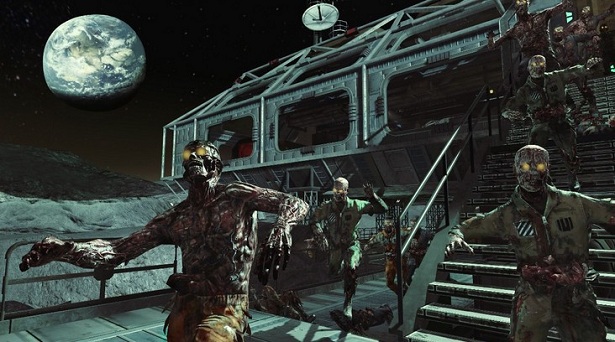
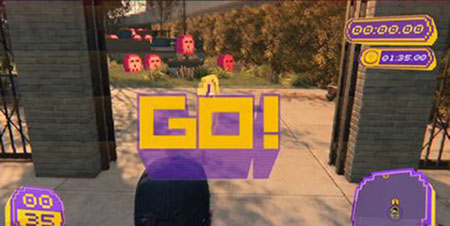
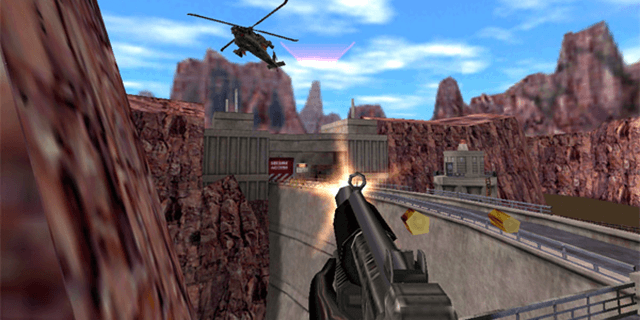
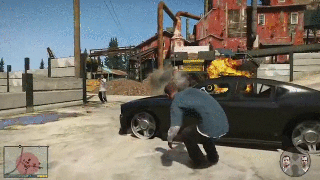
 List of all Covenants in Dark Souls 2
List of all Covenants in Dark Souls 2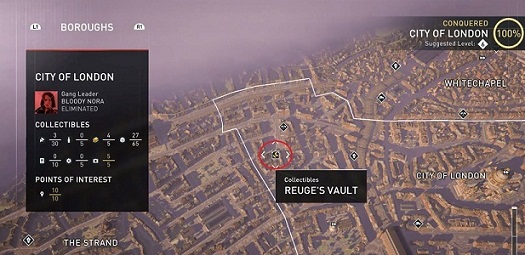 Assassins Creed Syndicate: Music Boxes Locations
Assassins Creed Syndicate: Music Boxes Locations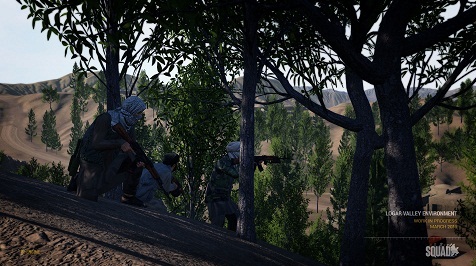 Squad: (video game) System Specs (PC)
Squad: (video game) System Specs (PC)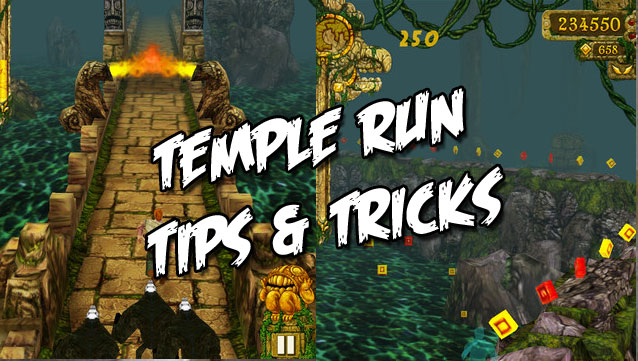 Temple Run Tips & Tricks: The Road to Glory
Temple Run Tips & Tricks: The Road to Glory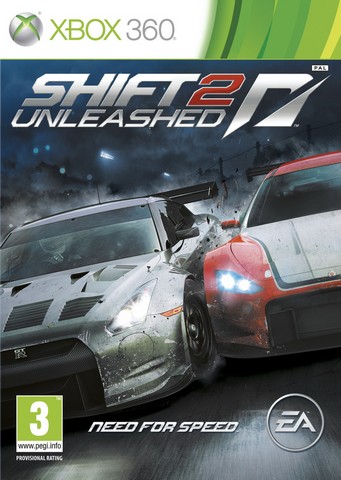 Shift 2: Unleashed Achievements List
Shift 2: Unleashed Achievements List